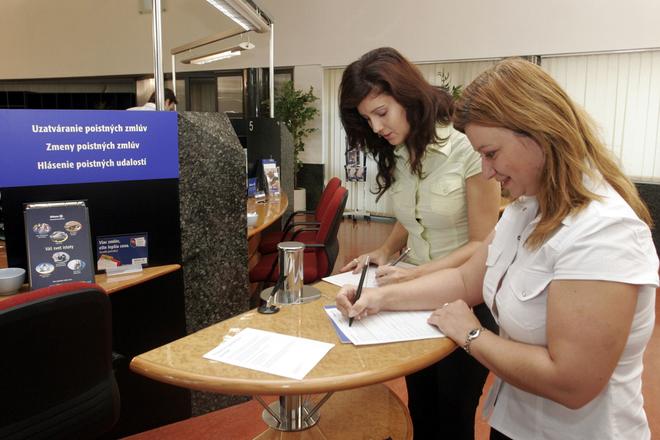Entrepreneurs in Slovakia are still dissatisfied with the development of the business environment. As a result, they evaluated its development in the final quarter of 2016 rather negatively since the business environment index dropped by 2.1 percent to only 51.6 points.
On the other hand, the negative evaluation is not as bad as in the previous quarter, the Business Alliance of Slovakia (PAS) informed in a press release.
The main reason for such a state are legislative changes. The entrepreneurs welcomed the reduction of corporate income taxes and changes to bankruptcy and distrainment proceedings, but criticised the introduction of the tax on dividends and levy from non-life insurance, PAS informed.
The highest drop of all factors influencing the final business environment index was reported in cthe ase of enforcing the principle of equality before the law.
“The name ‘Bašternák’ is mentioned in media quite often, but without a concrete result in the form of progress in the investigation of tax frauds or drawing consequences by the government,” the report reads.
Corruption still a problem
Another problematic item is the functionality of the political system in the state.
“Entrepreneurs seriously doubt the operation of the state as a guarantor of justice, safety and infrastructure administration, which is a serious impulse,” the report reads.
Slovakia, for example, lags behind in fight against corruption as it regularly places among the worst countries in this field. Despite the promises to solve this problem, the government has not introduced any specific plans or measures. Moreover, it still has not published the deduction of the action plan to improve the position of Slovakia as a state of law from summer 2015, PAS informed.
Trust in the state also suffers from the politicisation of the police and doubts over the independence of its inspection. Not even the register of end beneficiaries of the public sector is perceived very positively. Its benefits are doubtful as the data is not automatically checked, and it only poses a financial and administrative burden to companies.
The weak functionality of the political system in the state is deepened also by the tense relations between governing politicians, the disputes between coalition and opposition, the ignorance of opposition proposal in the parliament and changes to the parliamentary rules of procedure.
“In addition, entrepreneurs fight many problems whose solutions seems to be out of sight,” PAS wrote in the report.
No measures to improve law enforceability
More problematic areas are law enforceability and functionality of the judiciary, as well as the clarity and stability of legislation. Both items regularly receive the most negative evaluation, but nothing has been improved in this field yet. The trust in the Slovak judiciary also suffers from infighting between former president of the Supreme Court Štefan Harabin and his successor Daniela Švecová, according to PAS.
The adoption of many laws and amendments impacting business in the final quarter of 2016 had the biggest effect on evaluating the stability of legislation.
“Entrepreneurs perceive many changes as chaotic, lacking a concept and way the country wants to follow,” the report reads.
Though the state reduced the corporate income tax by 1 percent, it introduced the new tax on dividends and levy from non-life insurance which they consider a hidden tax that increases their financial burden.
“Instead of a simple and attractive tax system, the government has to lure new investors by offering them stimuli which are paid by taxpayers,” the PAS analysis reads. “This harms the competitive environment.”
The quality and availability of the labour force also received a negative evaluation.
On the other hand, entrepreneurs, for the first time in eight years, praised the bankruptcy and distrainment legislation. They also positively evaluated the stability and predictability of the euro value and the access to financial sources. Entrepreneurs also feel the improvement of infrastructure and their own impact on improving the quality of the business environment, according to PAS.



 Entrepreneurs also criticise the introduction of levies from non-life insurance. (source: SME)
Entrepreneurs also criticise the introduction of levies from non-life insurance. (source: SME)